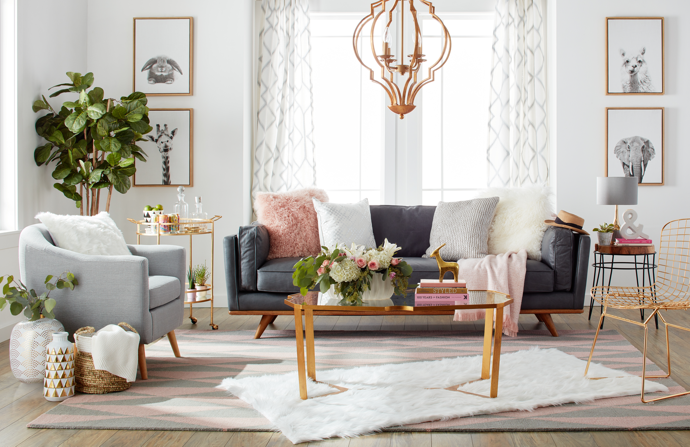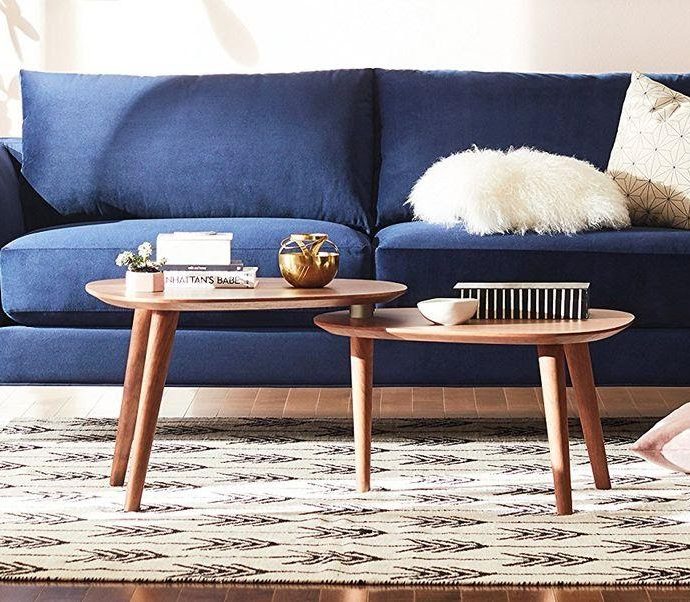More and more people are working from their homes rather than travelling to offices. This can cut costs for companies and help to provide personnel with a better work-life balance. After all, by operating in this way, individuals can cut out potentially long and stressful commutes.
However, working from home is not as simple as many people assume. There are certain pitfalls that must be avoided. For example, while sofas may look tempting, they are not a good base from which to complete a long day’s work. Instead, people can benefit from setting up their own designated office areas.
Of course, they need suitable desks, chairs and other items, otherwise, they could quickly end up experiencing furniture at work problems. Poorly designed and made furniture can cause a range of issues. For example, substandard seating may lead to back and neck pain.
Many of those planning their home offices are operating on a tight budget, meaning they cannot afford to spend vast sums on the space. Offering advice to individuals in this position, an article featured recently on Easier suggested that it pays to keep things simple. On this subject, it said: “Don’t go out and blow your budget on luxury furniture and mostly useless gadgets – it’s a waste of your hard-earned money. Instead, keep things simple. Buy only what you need, with one or two personal touches thrown in here and there to stop it looking too bare-bones.”
One area where it does pay off to spend a little money is on seating, the article suggested. It remarked: “If you work at the computer, a good office chair would make a wise investment.”
Steering clear of expensive brand names can help buyers to save money, it noted. About this, it remarked: “It doesn’t matter whether clients are visiting the home office or not – brand names are a luxury, not a necessity, and as such you don’t need them. The only differences between a brand and a no-name product are a logo and the price.”
It is possible to find many products that fulfil the same purposes as brand-name goods at much lower prices, the piece points out.
Meanwhile, it went on to advise buyers to “go green”. Fitting energy-efficient light bulbs and using recycled paper are two good examples of this. The article went on to state: “You can also make sure you do your bit and recycle all of your own papers and goods, whilst making sure you reuse things as much as possible. It doesn’t have to be difficult, and it can quickly save on your expenses.”
When people are in need of great-value furniture at work, they can head online. The internet is arguably the best place for individuals to pick up bargains. They can peruse an array of items, helping to ensure they benefit from value for money.
After buying the relevant products and setting them up, people may wish to conduct occasional furniture-at-work reviews just to ensure that their working environments still meet their needs.
About the author – Anna Longdin is a freelance blogger who has written extensively on the subject of furniture at work complaints.



